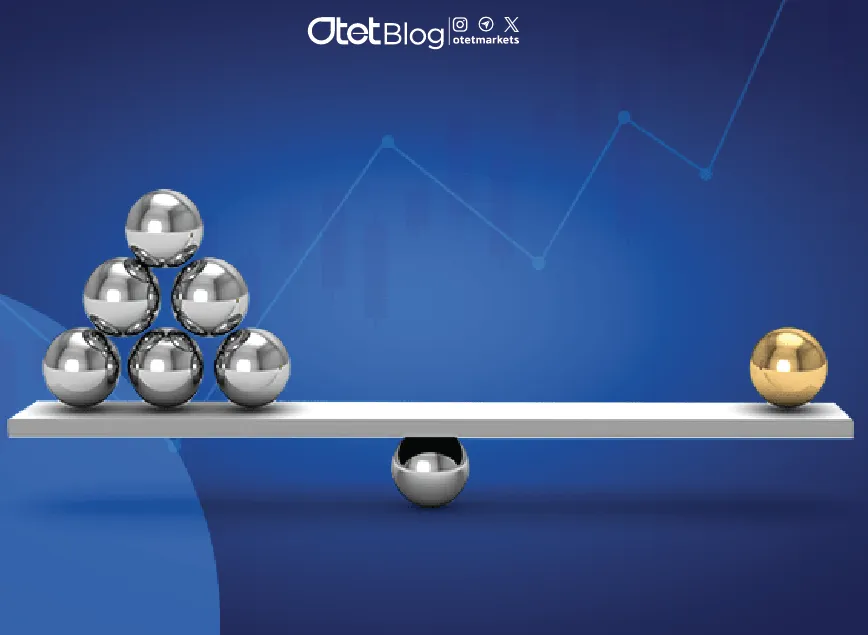
Does Leverage in Forex Really Help You?
Estimated reading time: 4 minutes
Table of contents
Leverage is one of the most attractive — and misunderstood — concepts for newcomers in the forex market. For those learning about leverage in Forex, it allows traders to amplify their profits, but it also magnifies the risks of losing capital.
In this article, we’ll break down what leverage is, how it works, its potential advantages, associated risks, and — most importantly — how to use it wisely and responsibly.
What Is Leverage in Forex?
In simple terms, leverage is a loan provided by your broker, enabling you to open positions larger than your actual account balance. For example, leverage in Forex trading, like 1:100, can control a $100,000 position with just $1,000 of your own funds.
✅ Benefits of Using Leverage in Forex
1. Trade Bigger with Less Capital
Leverage enables small traders or beginners to participate in large trades with a relatively small initial investment — making leveraging in Forex more accessible.
2. Higher Profit Potential
When a trade moves in your favor, typically leveraging in Forex, the profit is calculated based on the leveraged position size, not your actual account balance.
Example:
With just $100 and 1:500 leverage, you can open a $50,000 position. If the market moves only 1% in your direction, you earn 50% of your original capital.
3. Useful for Hedging and Portfolio Management
Leverage allows for more flexible strategies such as hedging existing positions or managing portfolio exposure — without locking up your full account balance, a crucial aspect of leveraging in Forex.
⚠️Risks of Using Leverage
1. Losses Amplify Just Like Profits
Just as leverage magnifies your gains, it equally magnifies losses. Even a small adverse price movement can result in significant capital loss when using leverage in Forex.
2. Margin Calls and Account Wipeouts
If your losses exceed your account balance, your broker will automatically close your position (margin call), and you may lose the entire account balance due to leverage in Forex.
3. Increased Emotional Pressure
Trading with high leverage makes small price fluctuations feel much larger, which can lead to stress, emotional decisions, and impulsive trades, especially when dealing with leverage in Forex.
Recommended Leverage Based on Experience
| Experience Level | Suggested Leverage | Why |
|---|---|---|
| Beginner | 1:10 – 1:30 | Lower risk, better focus on learning |
| Intermediate | 1:50 – 1:100 | Balanced risk and reward |
| Advanced/Professional | 1:200 or higher | Requires strong risk management |
Key Tips for Safe and Smart Leverage Use
Using leverage without solid risk management can quickly lead to heavy losses. Here are some crucial principles every trader should follow — especially when trading with leverage in Forex and real money.
1. Always Use a Stop Loss
No trade should be opened without a stop-loss order. It’s your first line of defense against market volatility when leveraging in Forex, and helps protect your account from rapid losses.
2. Never Risk All Your Capital on a Single Trade
Even with strong conviction, never allocate your entire balance to one position.
📌 Golden Rule: Risk no more than 1–2% of your capital per trade.
Read More: Understanding Volume in Forex Trading
3. Choose Position Size Based on Risk Strategy
Your trade size (lot size) should align with your account size, chosen leverage, and stop-loss distance. Leverage in Forex makes using tools like a Position Size Calculator for precise planning vital.
4. Be Cautious with High Leverage on Live Accounts
Leverage above 1:200 should only be used by experienced traders under specific conditions. For most traders of Forex, conservative leverage (1:30 to 1:100) offers better control and long-term consistency.
💬 The most successful traders aren’t those who chase high leverage — they are those who operate with discipline, risk control, and long-term awareness.
Conclusion
Leverage in forex is a powerful yet double-edged tool. When used with discipline, solid risk management, and a clear strategy, it can boost trading performance. But without caution and planning, it can wipe out your capital in no time if improperly leveraging in Forex.
Leverage isn’t inherently good or bad — it all depends on how you use it.
Share
Hot topics

Federal Reserve’s Challenges to Trump’s New Policies
As the Federal Reserve Open Market Committee (FOMC) prepares for its upcoming meeting, all eyes are on how the Fed will respond to Donald Trump’s latest economic policies. With the...
Read more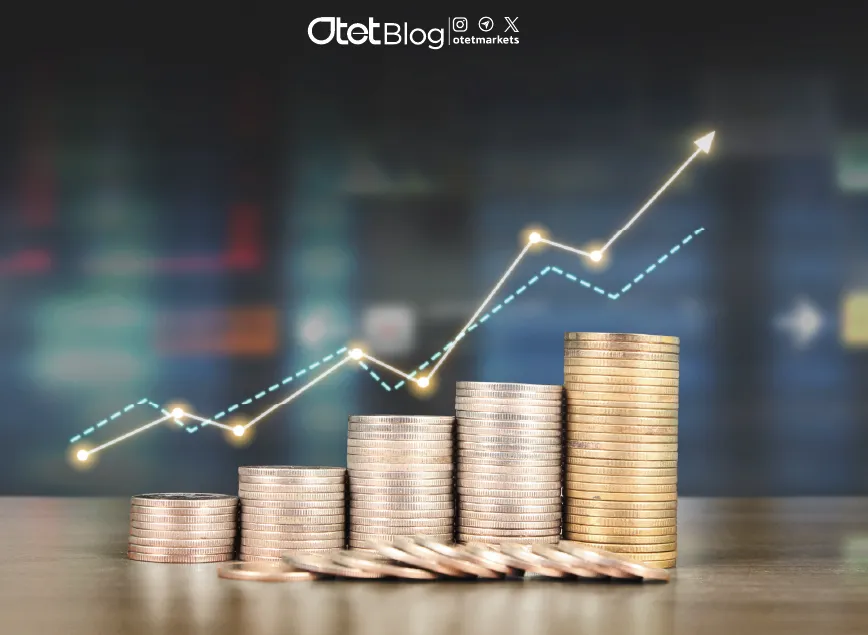
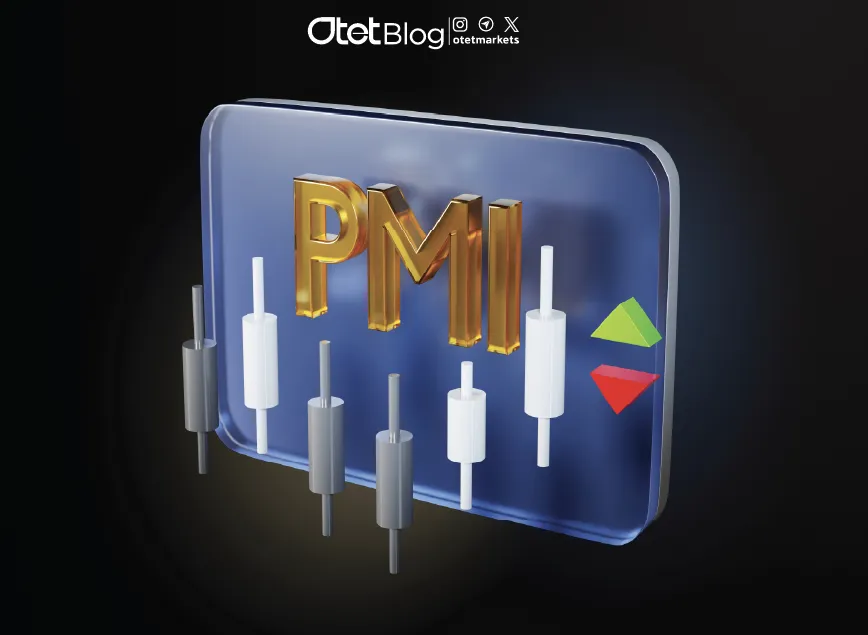
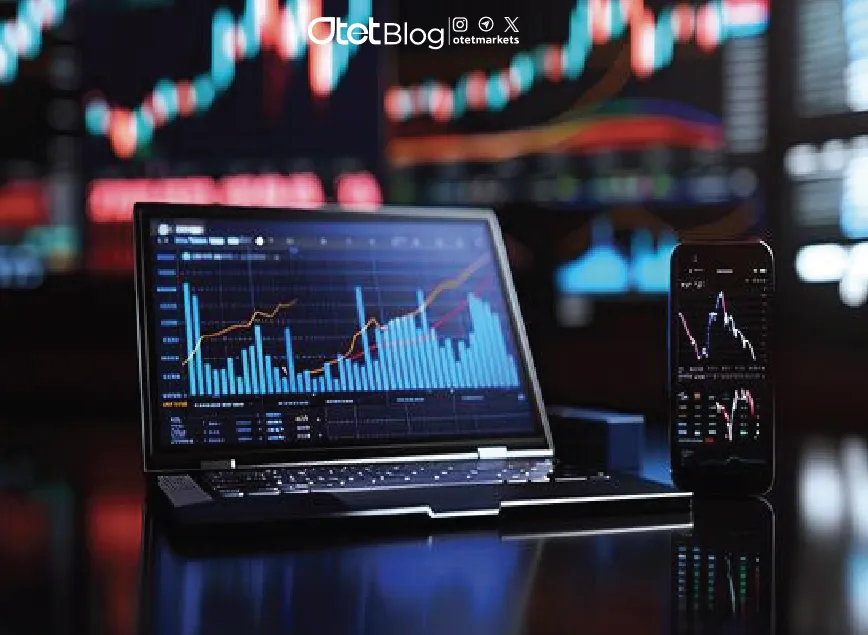
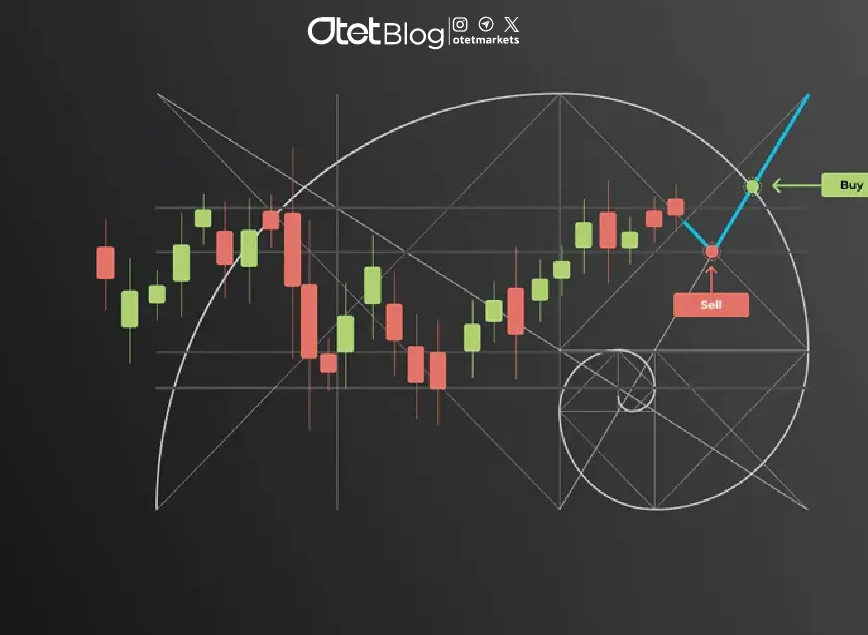
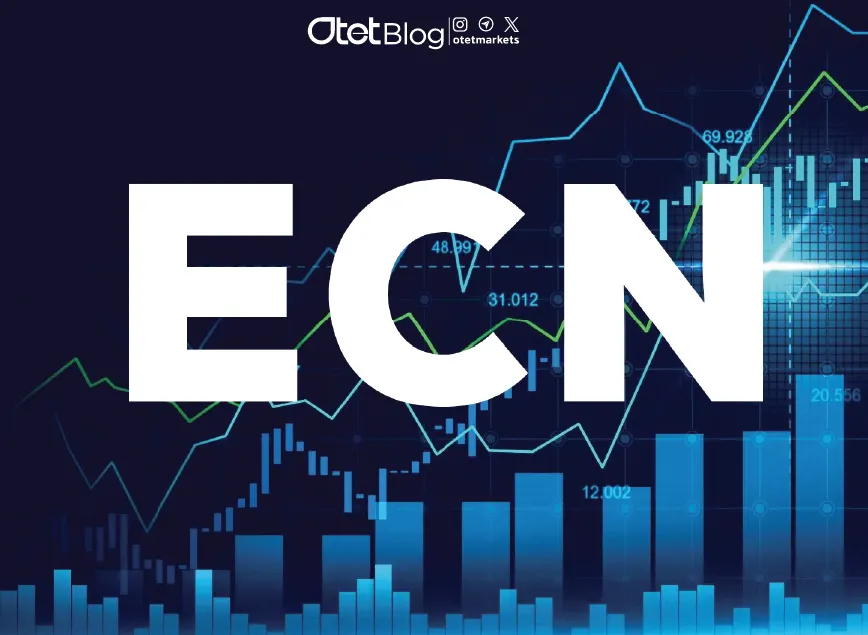
Submit comment
Your email address will not be published. Required fields are marked *